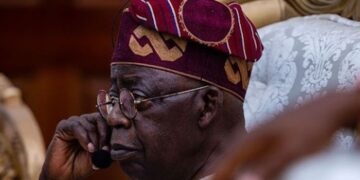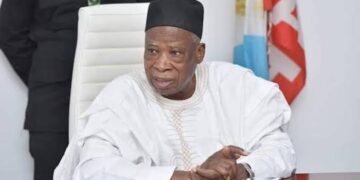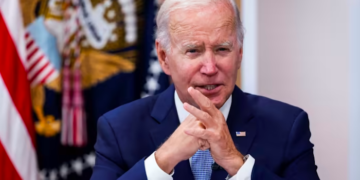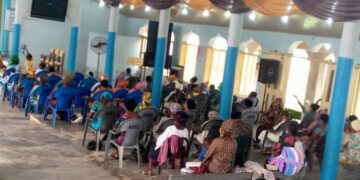Nnamdi Kanu, the leader of the Indigenous People of Biafra, has been released from jail by the Appeal Court in Abuja (IPOB).
The Nigerian government is prosecuting Kanu in the Federal High Court in Abuja for 15 counts related to crimes he allegedly committed during his separatist campaigns. These include treasonable felony and terrorism.
After his kidnapping and extraordinary rendition to Nigeria in clear violation of the OAU treaty and protocol on extradition, a three-person panel of the Court of Appeal ruled that the Federal High Court lacked jurisdiction to trial him.
The court ruled that Kanu was wrongfully extradited to Nigeria in violation of international treaties because the 15-count accusation preferred against him did not specify the location, date, time, or nature of the alleged offenses.
According to the court, despite the serious charges against Nnamdi Kanu, the Federal Government did not reveal the location of his arrest.
To construct the Republic of Biafra, Kanu is advocating for a large portion of southern Nigeria to secede from Nigeria.
Nigerian officials detained him in October 2015 on 11 charges, including “terrorism,” “treasonable felony,” “managing an unlawful society,” “publishing of libelous content,” “illegal possession of weaponry,” and “improper importation of goods.”
In April of 2017, he was released on bond due to health concerns.
After the military invaded his residence in Afara-Ukwu, close to Umuahia, Abia State, in September 2017, Mr. Kanu departed the country.
After being spotted in Israel, he returned to Nigeria and proceeded to incite his followers there to use violence to achieve secession.
After Kanu was extradited back to Nigeria in June 2021, Minister of Justice Abubakar Malami said, “He has, upon jumping bail, been accused of engaging in subversive activities that include inciting violence through television, radio, and online broadcasts against Nigeria and Nigerian State and institutions.”
Kanu “was also accused of inciting violence, particularly in the Southeastern Nigeria, that led in the loss of life and property of civilians, military, paramilitary, and police forces, and the destruction of civil institutions and symbols of authorities,” according to the article.
All accusations of impropriety on Mr. Kanu’s part have been refuted.




























